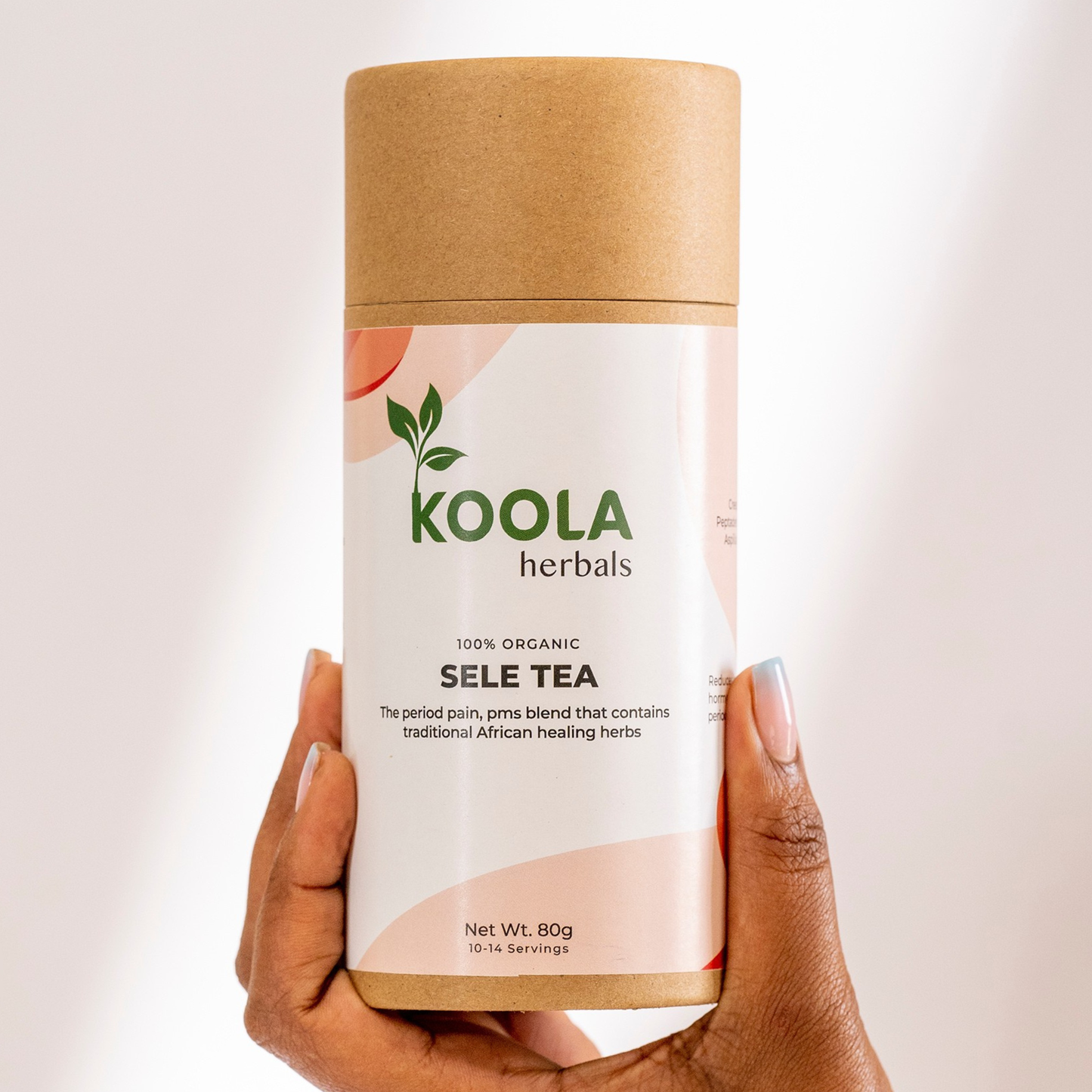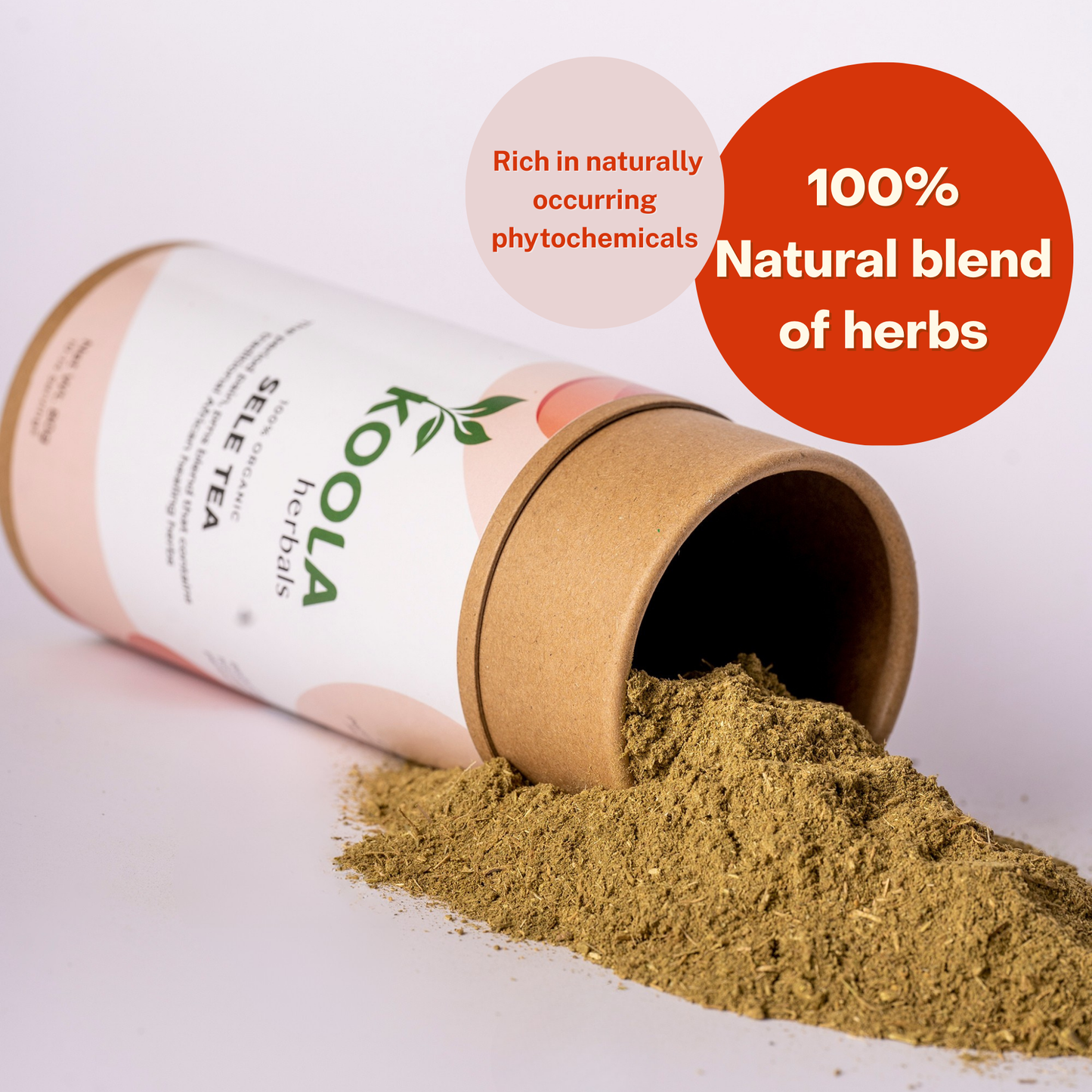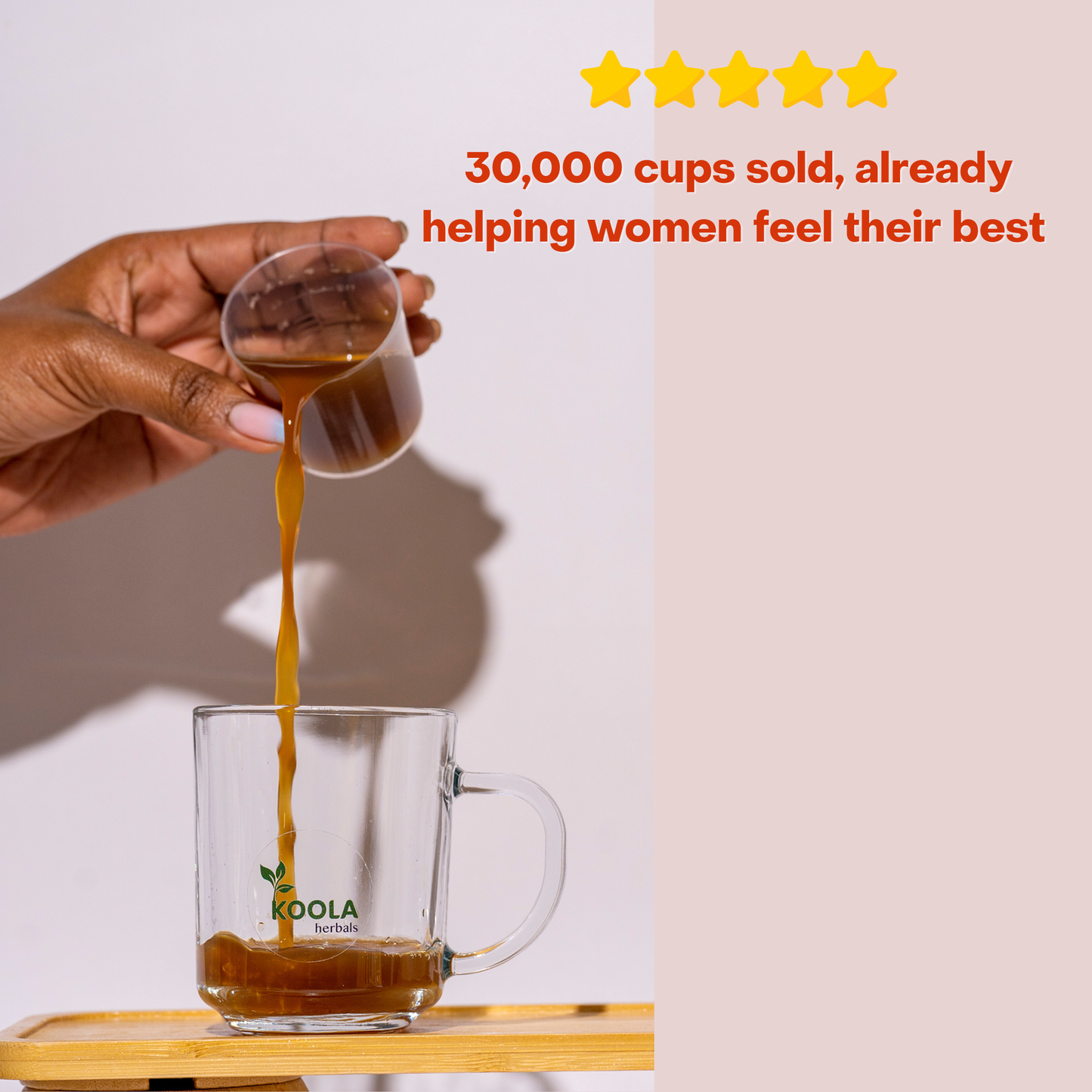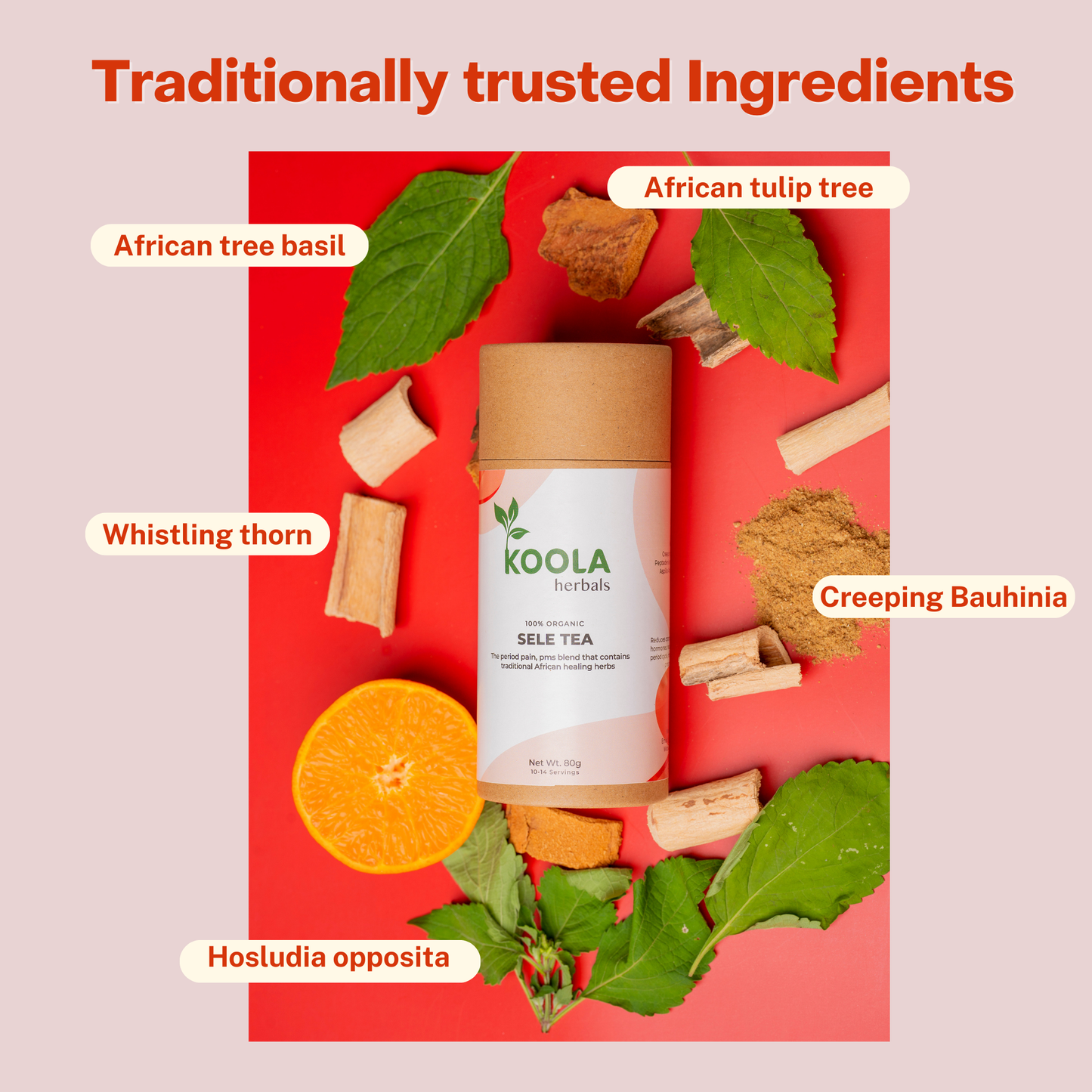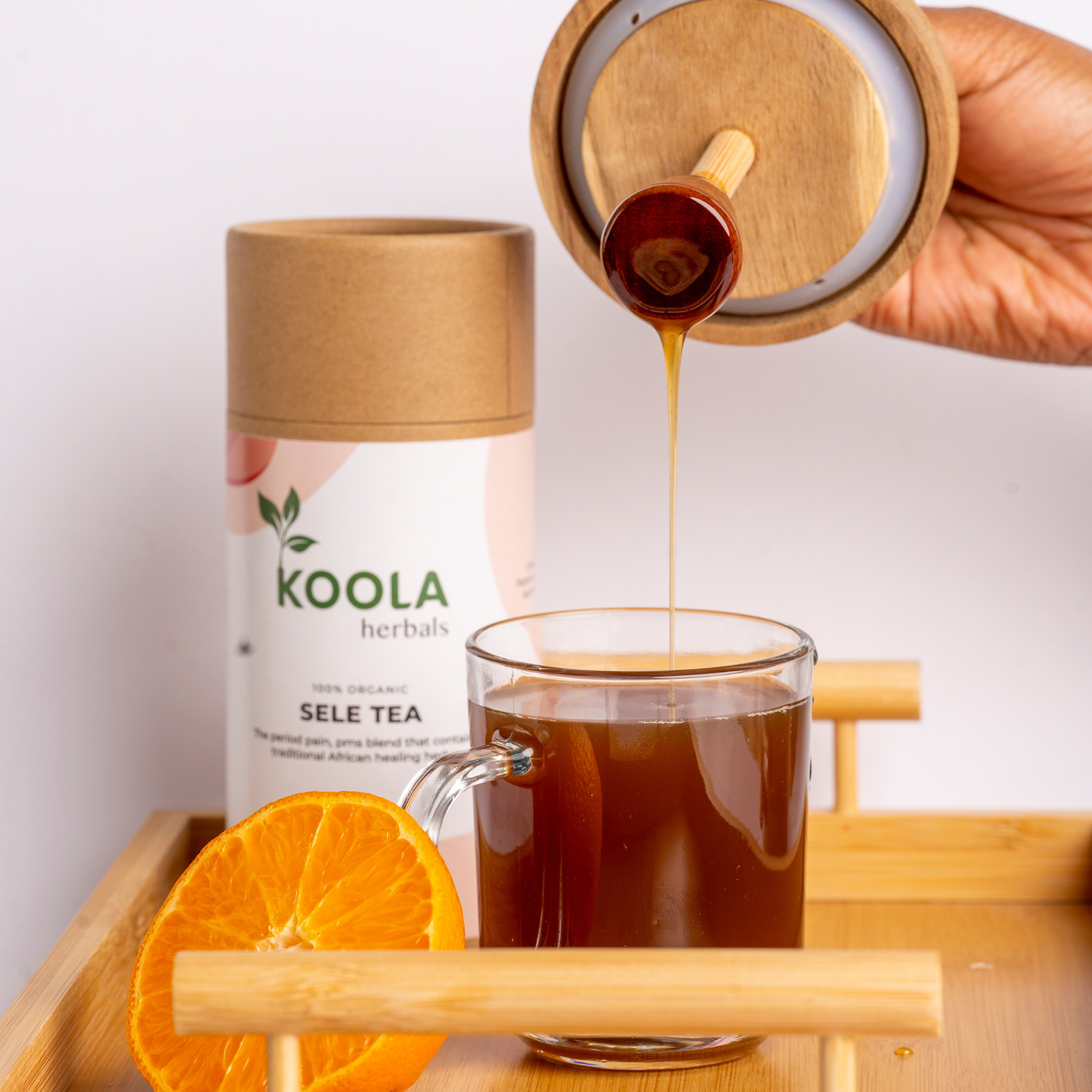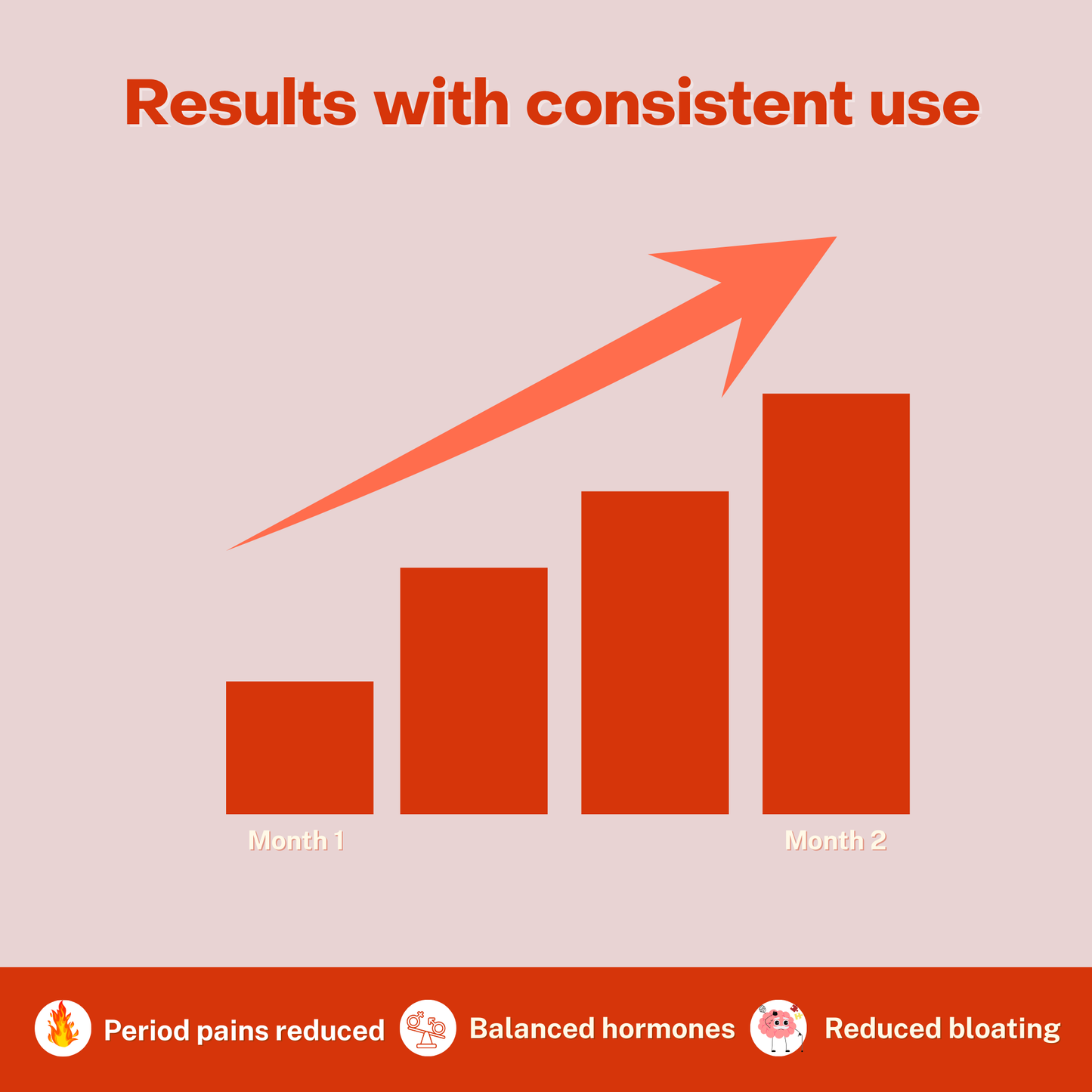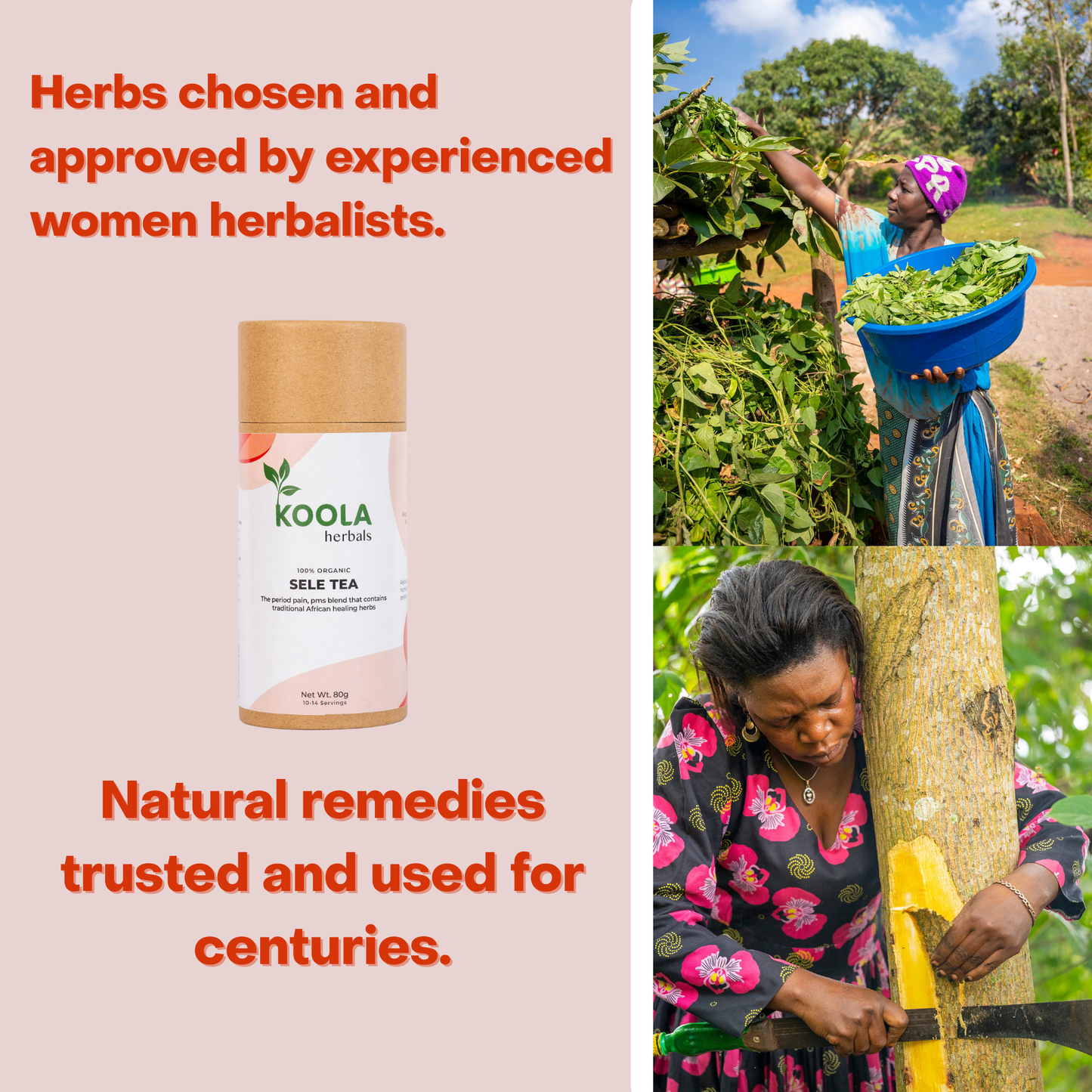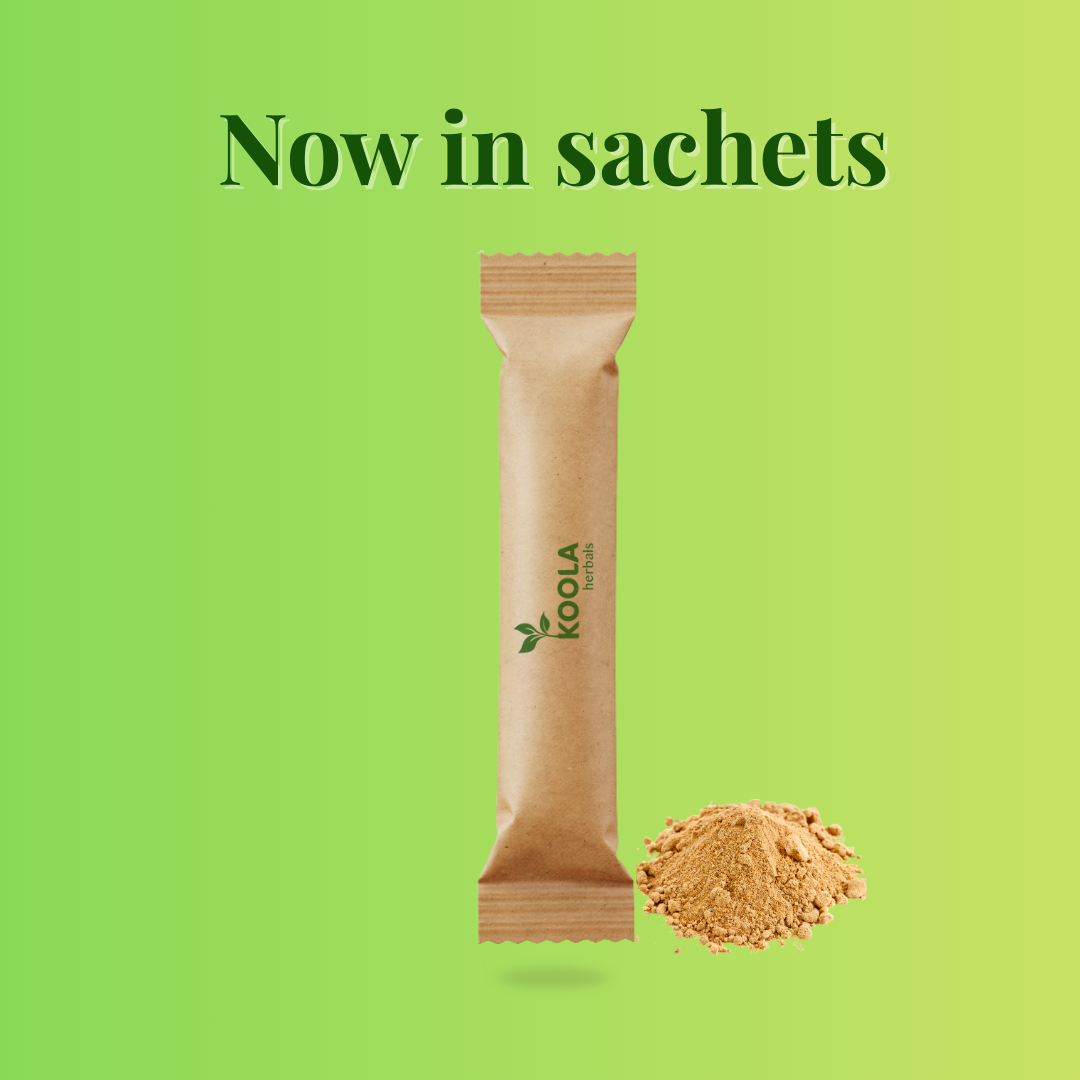Hi Brenda
Thank you so much for taking the time to share your experience with our tea!
It’s even more interesting (and encouraging!) to hear that you were already familiar with kamunye before, as it’s actually one of the key herbs in Sele Tea. You’re absolutely right, kamunye can cause slightly heavier bleeding, especially in the beginning. This is part of its natural cleansing process and can be particularly helpful for women with irregular periods, as it supports the body in regulating the menstrual cycle.
Since these are natural herbs, they work gently with your body and may take a little time to show their full benefits. Unlike painkillers, they focus on balancing the hormone system and cleansing over time. We recommend drinking the tea regularly, and especially a few days before your period starts, to get the best results.
We’re so excited to hear that you’ve already noticed some changes, and we look forward to hearing how things continue to improve. Thank you again for your trust and for being part of our community!
